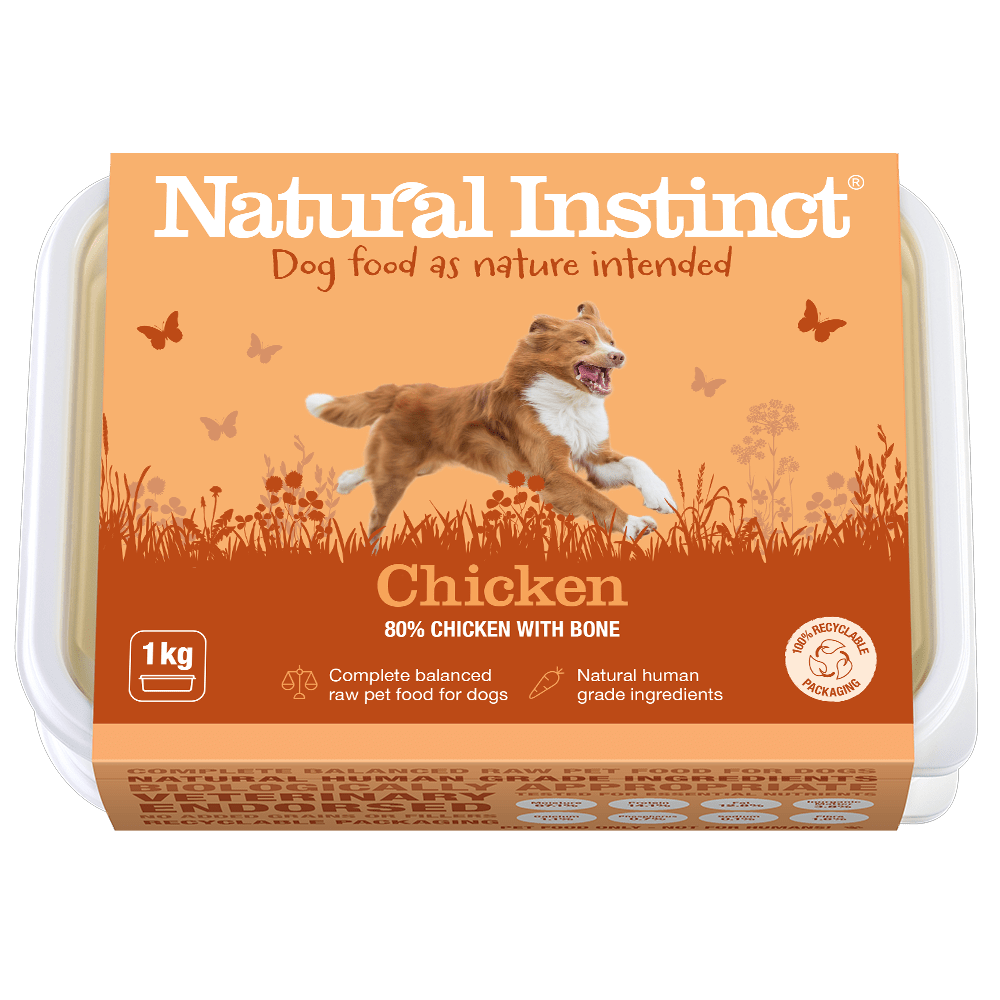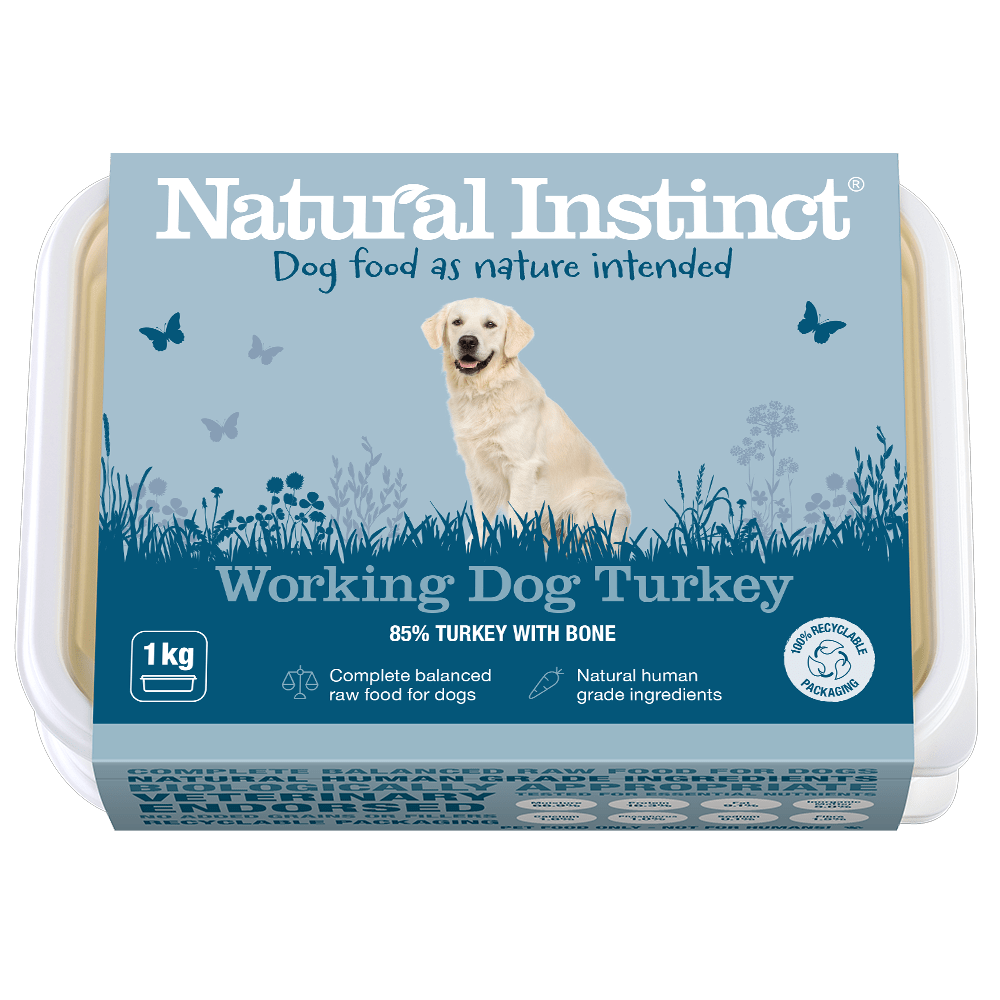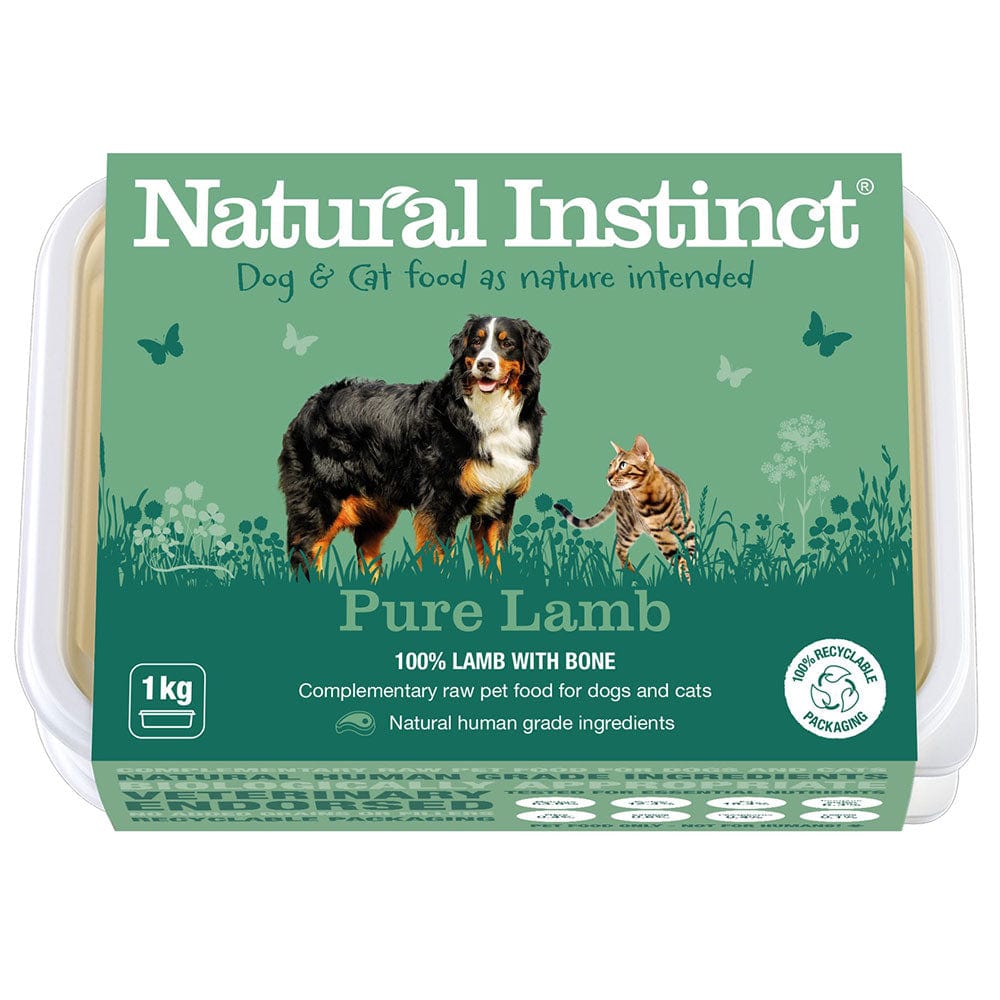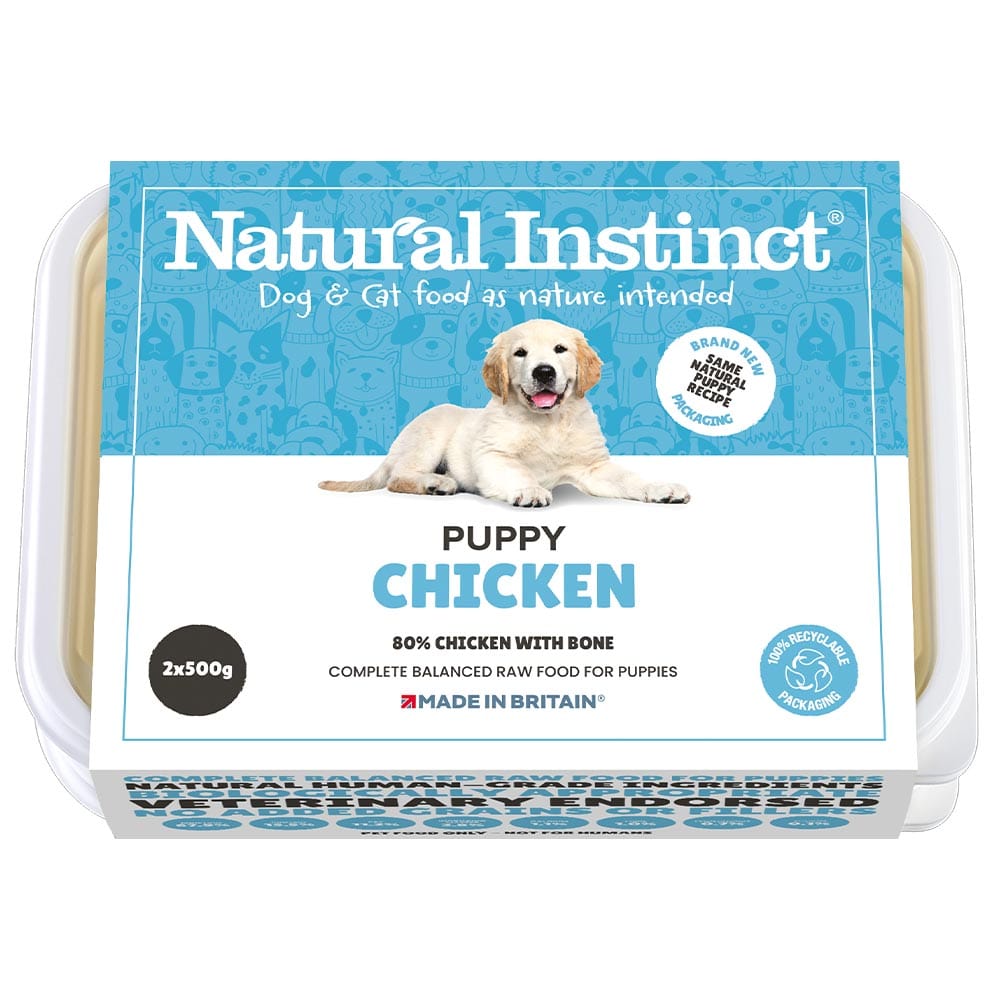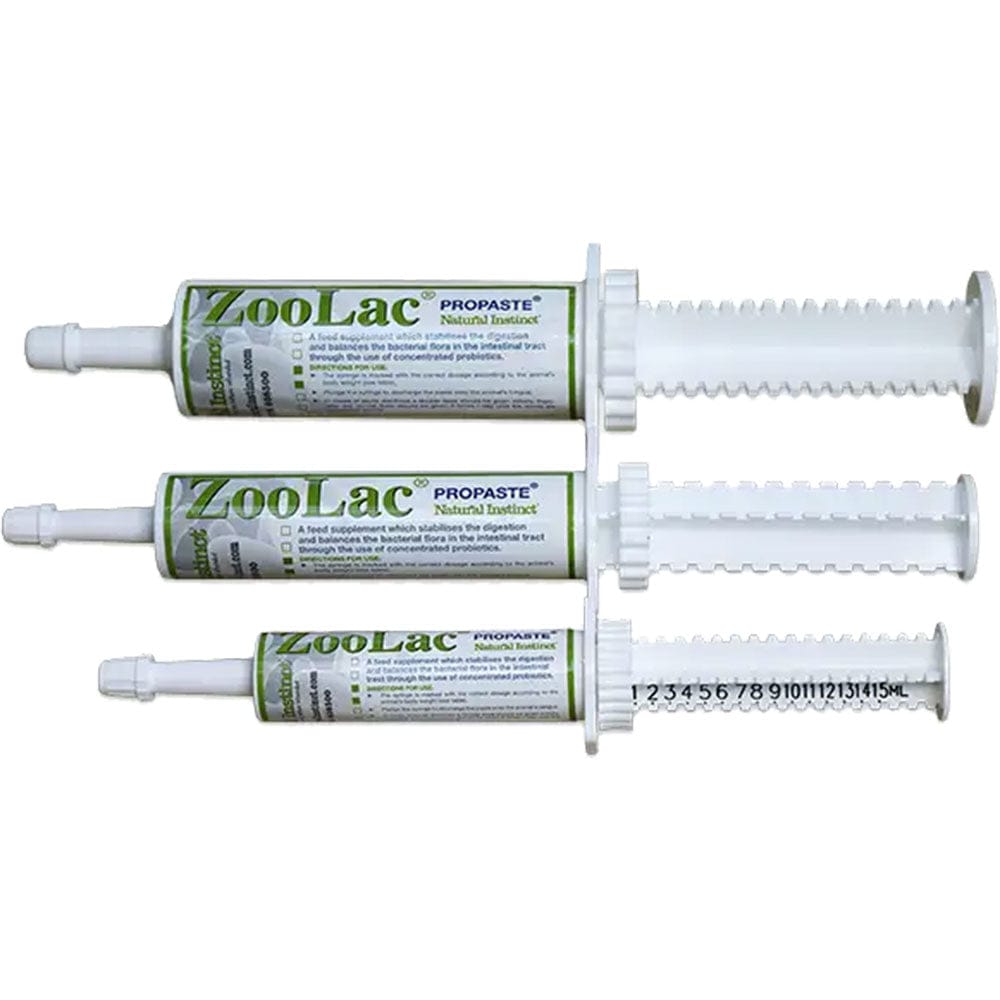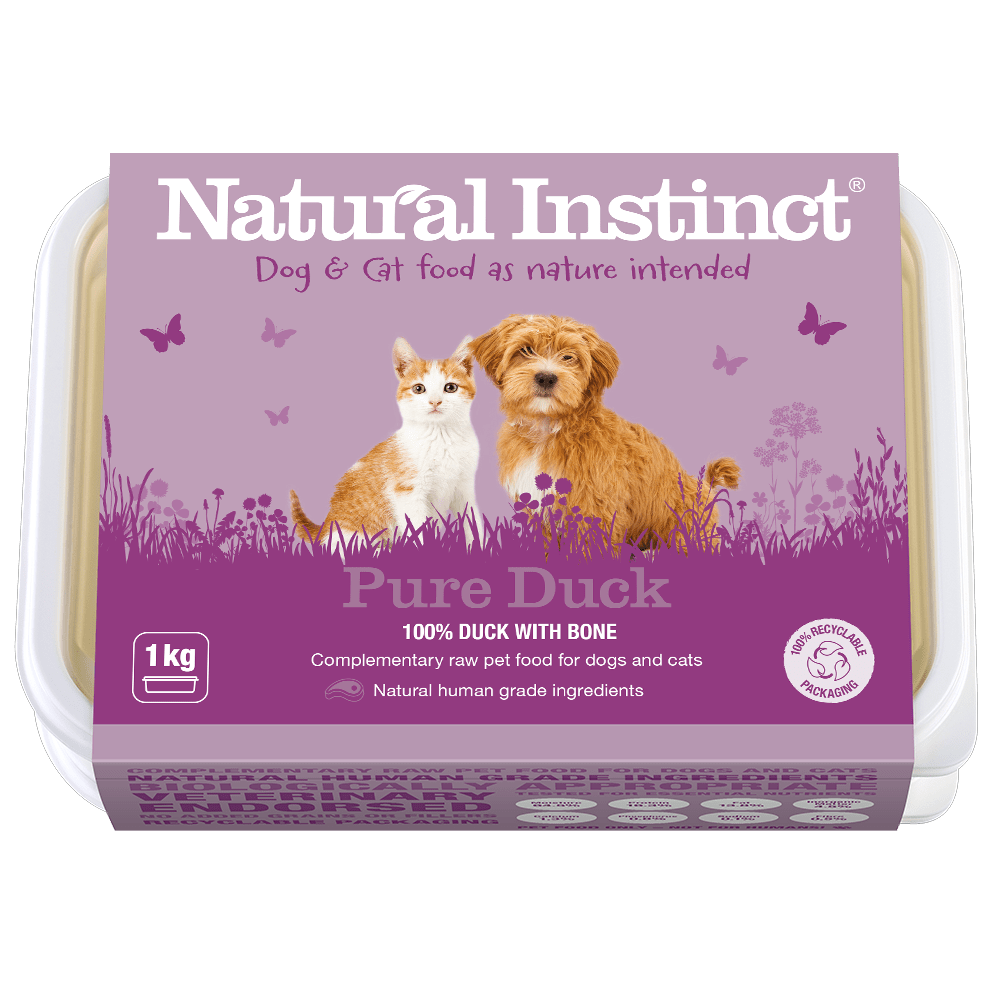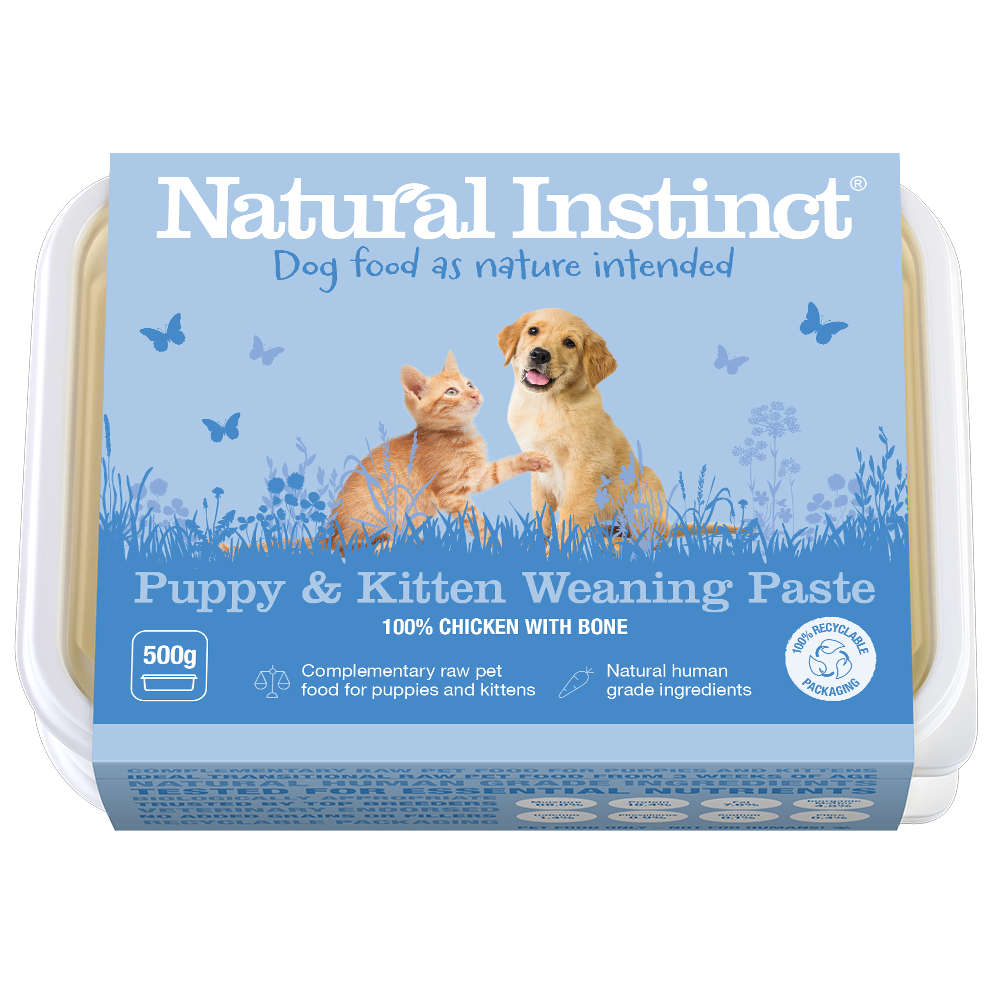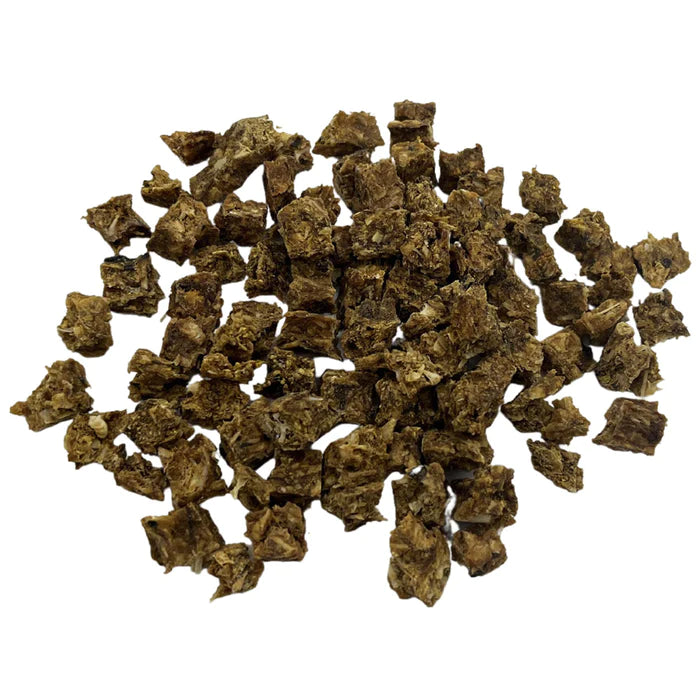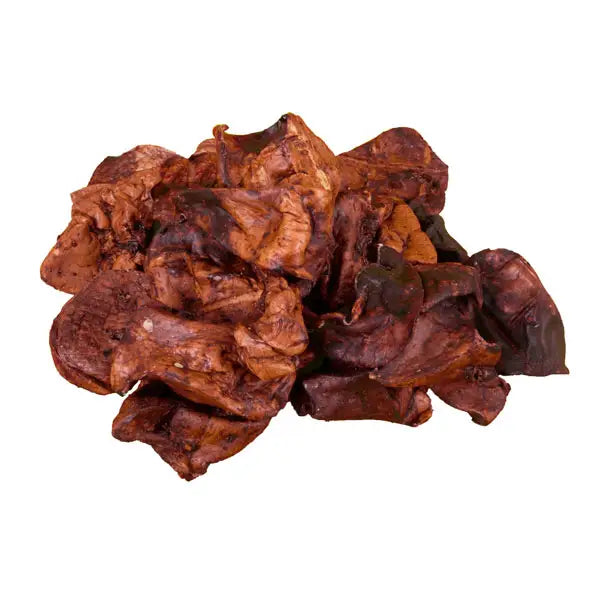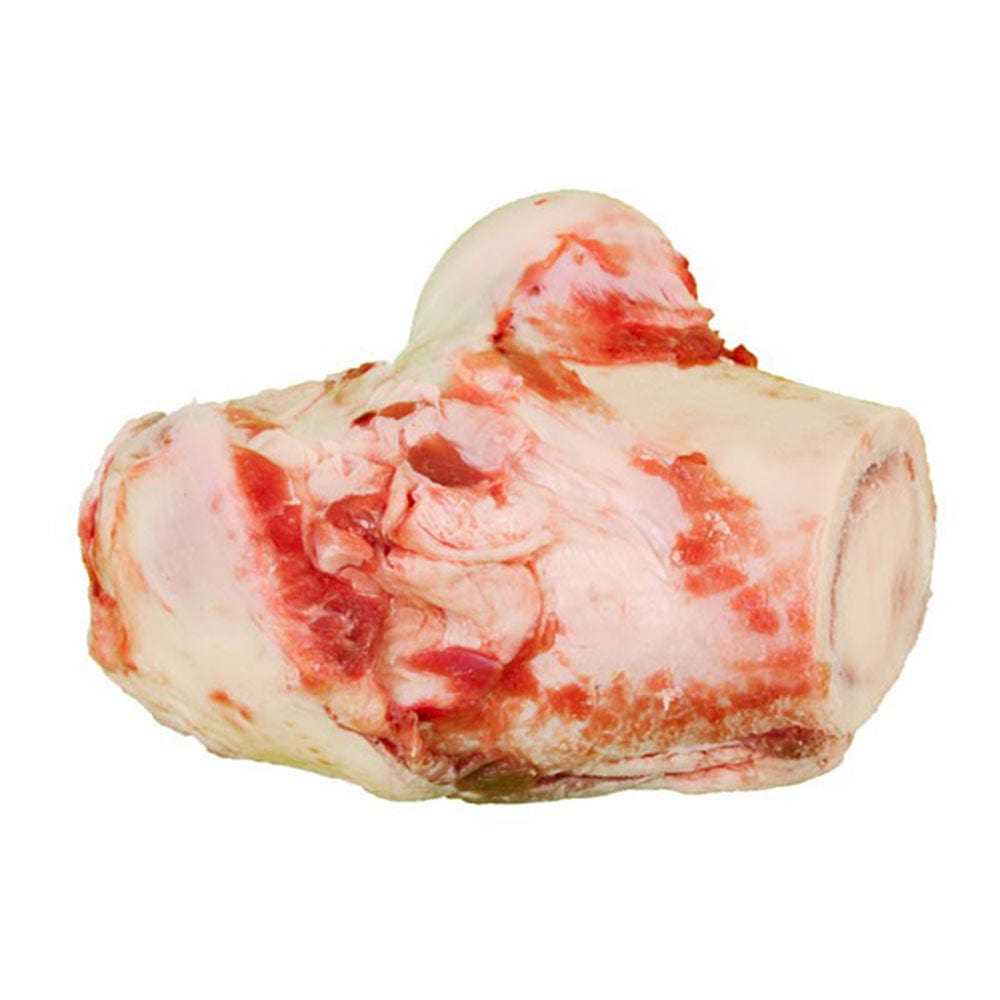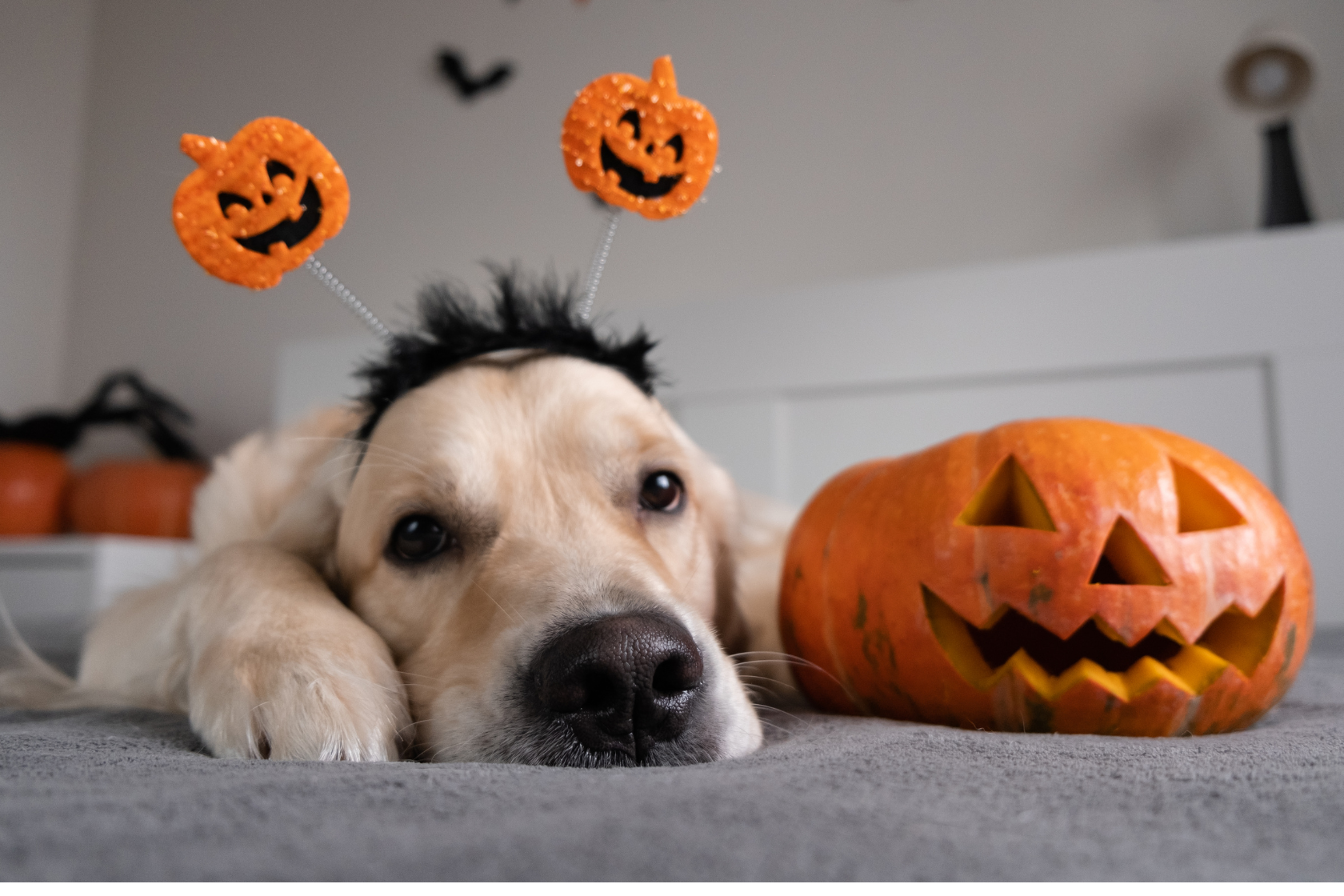As your pets change their coats for winter, we share some top tips.
Dogs and cats experience a change of coat from summer to winter, replacing their lighter summer hair with a thicker coat for the winter, before shedding again when temperatures rise.
Shedding usually takes place twice a year, coinciding with seasonal changes. However, dogs who live in cities and heated houses all year round are less prone to seasonal effects, which may mean they shed throughout the year.
However, whilst hair loss is common in dogs you should always monitor your pets closely as shedding can indicate wider medical conditions too. You should always visit a vet when they start losing hair considerably as it is important this is recorded. Your vet can also look into your dog’s medical history for any signs of illness or specific conditions. Shedding can be due to a hormonal or parasitic problem, and it can even be a sign of diabetes, stress, endocrine diseases, depression and more.
Top tips on how to prevent your dog’s hair from falling out:
-
Brushing
Make brushing your puppy a habit, we recommend 2-3 times a week. This will really help if you have a long-haired dog or one that naturally sheds hair often. -
Walks
Take them for walks. You will be surprised to see the amount of hair they will lose, due to the activities and actions done outdoors, such as running, playing, etc. -
Grooming
In addition to brushing, it is also recommended that you groom your pet as often as possible, taking your vet’s recommendations into account. Grooming helps eliminate the accumulation of hair and helps to keep your pet clean. -
Diet
Feed your dog a quality diet full of essential fatty acids. This will give your dog a denser and shinier fur coat. Ensuring they have a balanced diet of raw, lean meats, fresh fruit and vegetables, and no starchy foods helps. -
Parasites
Make sure you treat them against parasites. This will help to reduce the health risk to your dog and avoid parasites from spreading. -
Pet behaviourist
Your pet may be suffering from stress too. The best way to help or prevent this is by visiting an animal behaviourist who will provide you with training sessions tailored to your pet’s temperament. Look out for our online Q&A training sessions with Animal Behaviourist and Canine Specialist, Kirsten Dillon!
Does your dog shed at specific times of the year? Or do you have the vacuum out all year round? We’d love to hear about your experience!
